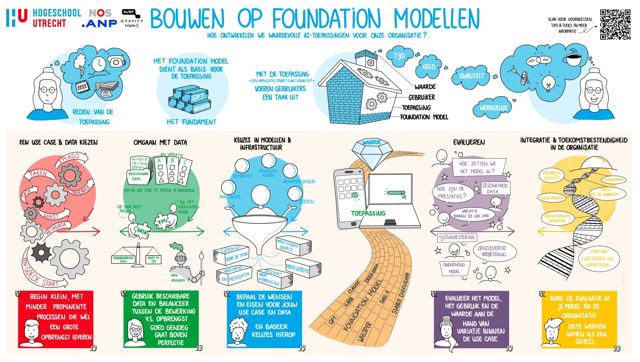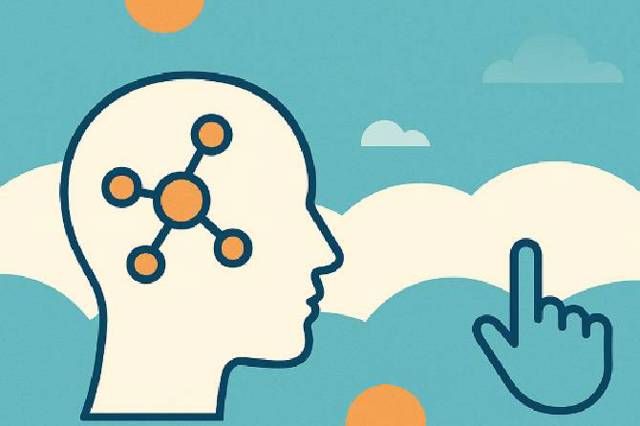< Back to news 


2 July 2024
Explore the Power of Data Commons with the Data Commons Collective
The Data Commons Collective initiative is exploring the societal benefits, power, and limits of data commons, treating data as a new digital resource that serves the community.
Launched by the Amsterdam Economic Board, this collective includes organizations like Waag Futurelab, the University of Amsterdam, Deloitte, Ahold Delhaize, and AMdEX, with more partners expected soon.
Why Responsible Data?
In a big tech-driven era, data has been commercially exploited, overshadowing its potential to serve public interests. Yet, a collective in Amsterdam aims to do just that—share more data to better care for the city. Data commons align with Amsterdam's vision to be a responsible, sustainable, and inclusive digital region by 2040, driven by societal values ensuring autonomy and control over our data.
What is a Data Common?
Data, as a new digital resource, can improve products and services and serve the common good. Unlike traditional commons, data commons are:
-Shareable among a community without personal interactions or geographical boundaries.
-Inexhaustible; data can be endlessly duplicated without losing value.
-Inexhaustible; data can be endlessly duplicated without losing value.
Four Principles for Data Commons:
-Serve public or community goals.
-Require collaboration between individuals, companies, or public institutions.
-Governed by principles determining access, use, and preventing misuse.
-Embedded systems ensure data quality and misuse detection with appropriate responses.
-Require collaboration between individuals, companies, or public institutions.
-Governed by principles determining access, use, and preventing misuse.
-Embedded systems ensure data quality and misuse detection with appropriate responses.
Benefits for Residents:
Amsterdam residents benefit from living in a safe, inclusive, fair, transparent, and sustainable digital city, trusting responsible data handling by governments and organizations. Data owners gain more control, facilitating quicker agreements for data sharing to tackle societal challenges. This is crucial, as less than three percent of global data is shared.
For the full article click here.
Published by Amsterdam Economic Board.
Vergelijkbaar >
Similar news items

May 29
Building responsibly on foundation models: practical guide by Utrecht University of Applied Sciences and RAAIT
Researchers from RAAIT have published a practical guide for organisations aiming to develop AI applications using foundation models. The guide supports responsible decision-making.
read more >

May 29
SER: Put people first in the implementation of AI at work
In a new advisory report, the Dutch Social and Economic Council (SER) calls for a people-centred approach to AI in the workplace, warning of risks to jobs and social cohesion.
read more >

May 27
🌞 Open Space: AI meets Science Communication – will you take the stage?
Are you working on AI with impact? Wondering how to talk about it with the world? Join us on Thursday 4 July for an open space afternoon on AI & Science Communication, co-organized by Amsterdam AI and NEWS (the Dutch national centre for science & society).
read more >